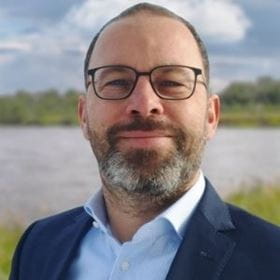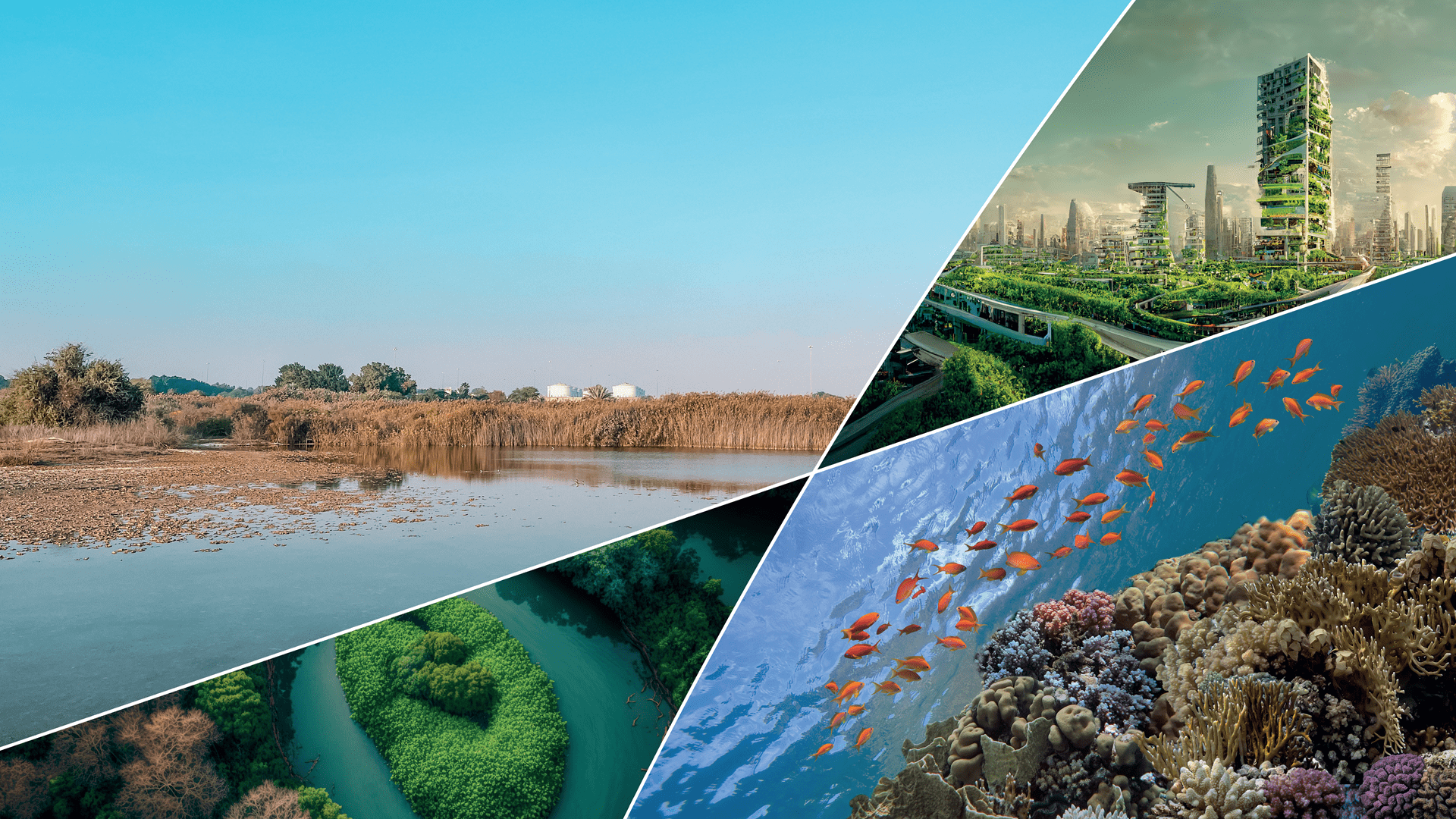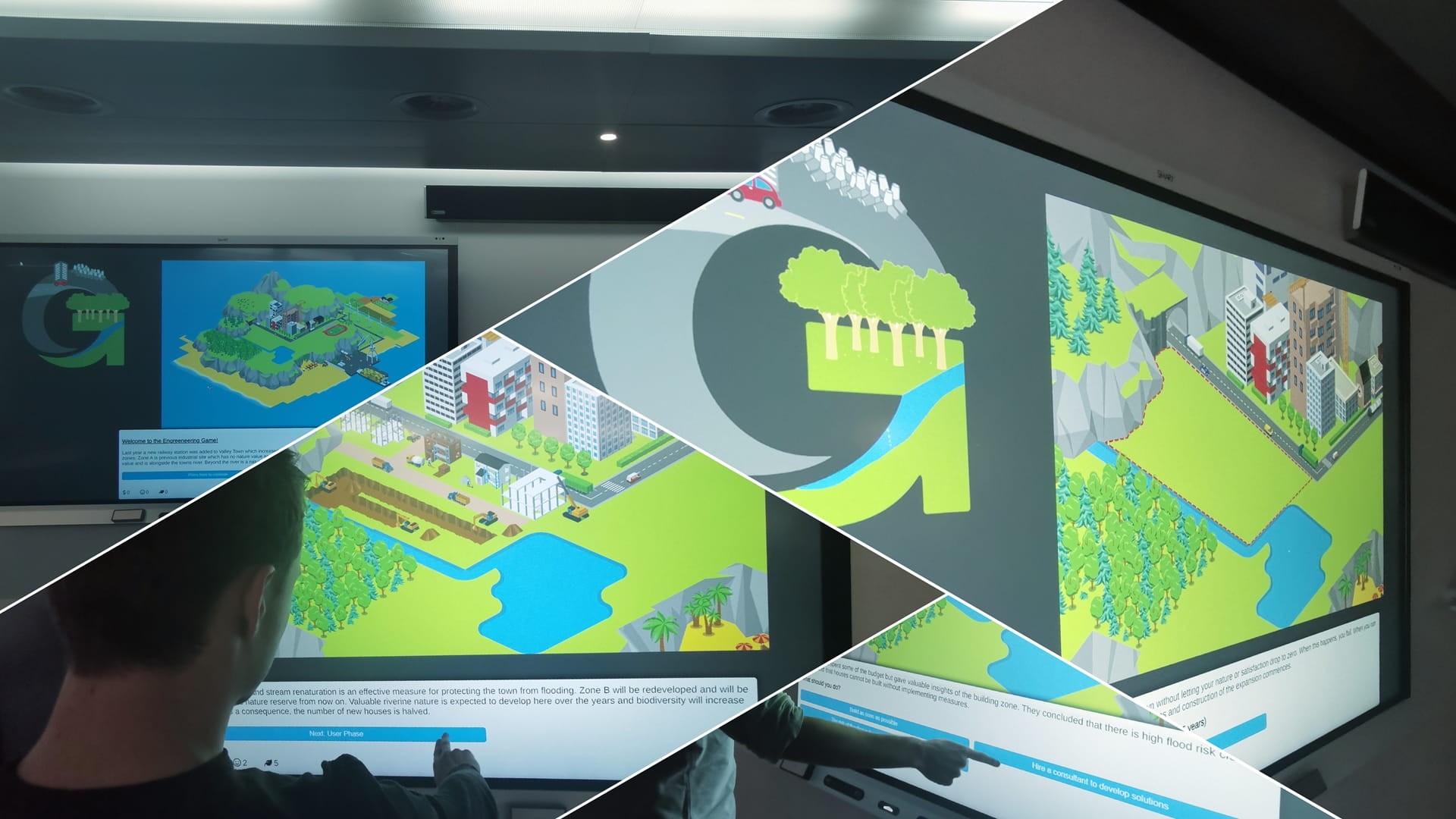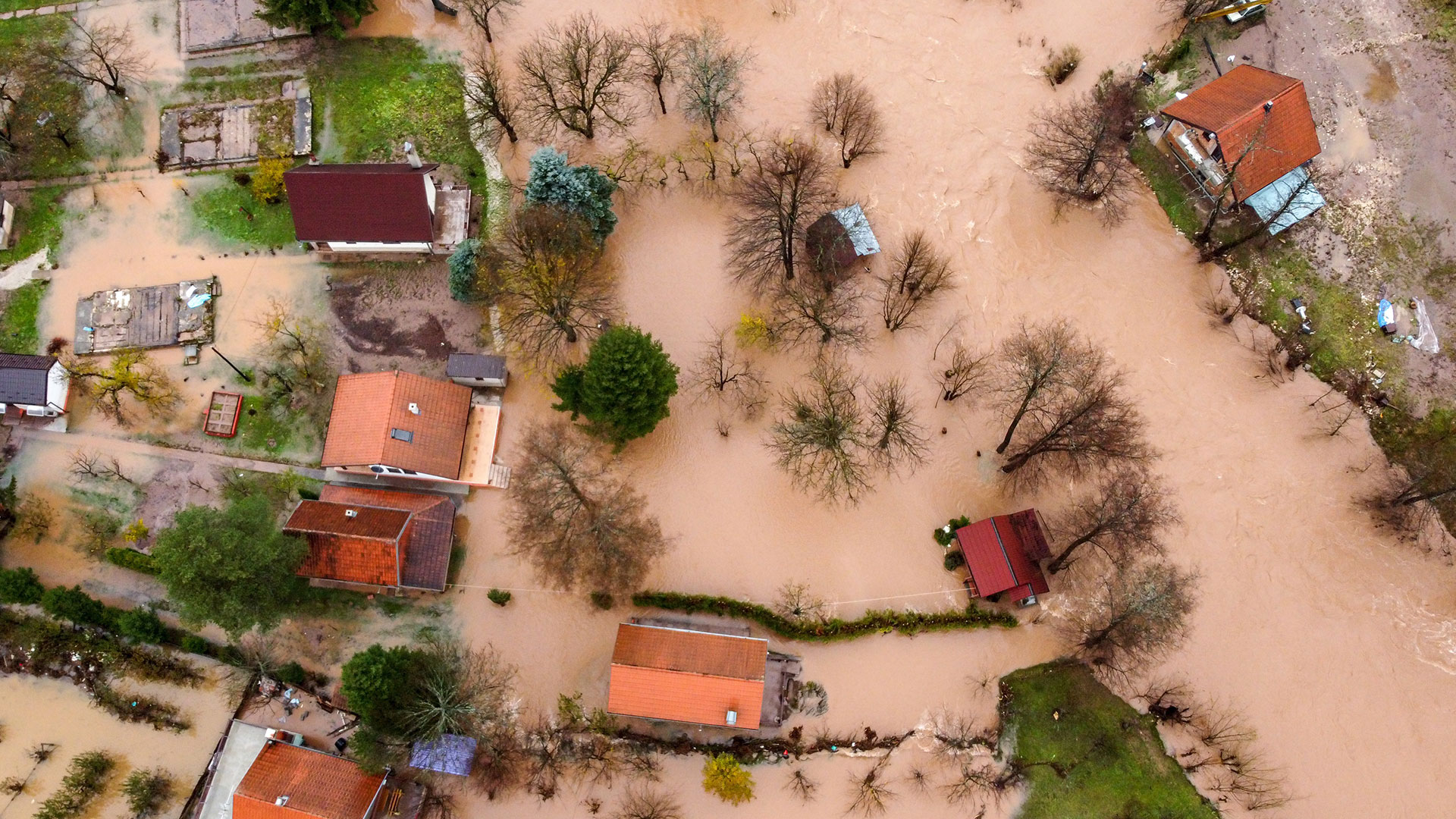Recap: United Nations Water Conference 2023
A watershed moment – and time to take action
The UN Water Conference held from 22–24 March was an important first step in mobilising Member States, the UN, and stakeholders to tackle a global water crisis that continues to affect lives across the world.
Over the three days, we joined thousands of representatives from 193 countries to collaborate and share our own insights into the current water challenges. And, of course, explore successful solutions which can be activated on a global scale – including nature-based solutions (NBS).
As well as presenting two sessions of our own, our team was invited to participate in expert-led panel discussions and presentations on a range of topics, including futureproofing river basins and accelerating corporate water action.
Having had the time to reflect, here are some of the key things we learned.
Uniting the world for water
The global water crisis hasn’t been prioritised in many areas, and the fact that only 12 heads of state attended the event is indicative that there’s still lots of work to do to unite people over this common cause.
However, one shared quality among everyone present was a real desire to start taking positive action as soon as possible. In fact, the event made it abundantly clear: we can no longer ignore the problem that’s staring us in the face.
As the Secretary-General of the United Nations, António Guterres said, “Water is in deep trouble; we are draining humanity’s lifeblood through vampiric overconsumption and unsustainable use.”
Urgency, then, was one of the major themes of the three-day conference – and for good reason. Water is a dealbreaker for the health and prosperity of people and the planet. And, according to the UN, the speed of current action must increase fourfold to have any meaningful impact.
For this acceleration to take place, there needs to be a shift in attitudes – not just on an individual level, but globally. Success is entirely dependent on everyone coming together to work towards the same goals and ambitions.
There’s a real appetite for collaboration
The good news is, there were clear signs that this level of collaboration is possible – there’s certainly an appetite for it. The conference was an important first step in this regard, and now we need consistency and scale to tackle the issues at hand.
During the conference we saw plenty of evidence that collaborations are already happening, and actions are being taken.
Many of the corporates in attendance have made a commitment to taking bolder action. For example, one group within the CEO Water Mandate has selected 100 river basins as the focus of collective, catchment-based treatments.
There were also several new initiatives and tools highlighted that can help ensure corporate accountability and improve water quality across the world. In all, hundreds of commitments were made to the Water Action Agenda during the UN Water conference.

The conference showed that we don’t stand alone. So many people care about this issue and don’t want to work in silo. I was able to speak with a lot of people and organisations to find out where our common ground might be.
Accountability is key
It’s a mark of significant progress that the conference led to so many commitments and agreements to collaborate on a local, national, and international scale.
It’s indicative of the kind of positive change that can happen when people are brought together over a common cause.
But, it’s yet to be seen how we will keep each other accountable for our commitments and actions. And that accountability is vital.
Perhaps one of the most important aspects of making sure ideas are turned into action is continuing to make sure that voices are heard, and stories are told. And the event showcased numerous powerful examples of how messages can be shared.
“I was personally very moved by some of the emotions that were present at this conference,” says Juliette Eulderink. “Expression of frustration and sadness, but also hope were made apparent. Not only through words, but also through art.”
“By sharing the story of water through film, music, and photographs etc, we can engage people outside our water bubble. We need these means to tell the story.”
Learn more about the future of water management
This conference has been a vital step towards driving change, but the hard work has to start now.
As King Willem-Alexander of the Netherlands said: “Now is the time to discuss and agree on an actionable agenda for future proofing our water; the least valued and most underestimated resource in the world. Let’s prioritise ecology and biodiversity in what we do in closing the water management gap.”
At Royal HaskoningDHV, we’re constantly looking to innovate and collaborate on sustainable solutions to help solve water’s biggest challenges and enhance society together.
At Royal HaskoningDHV, climate resilience and nature-based solutions are a key part of our mission to enhance society together. If you’d like to learn more about our work in this area, explore our climate resilience solutions.
Want to know moreor got a question?
Contact our Climate Resilience experts!



